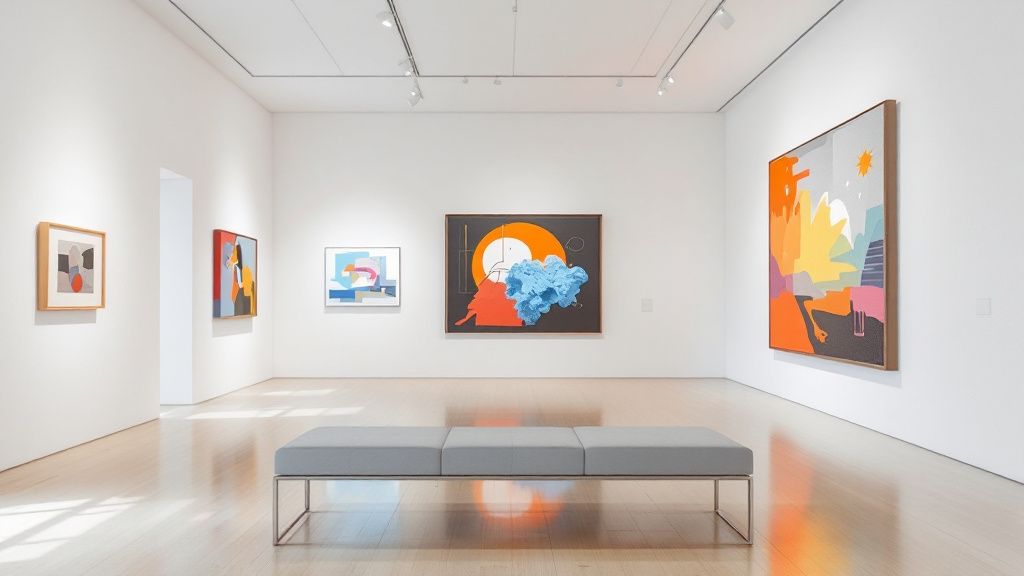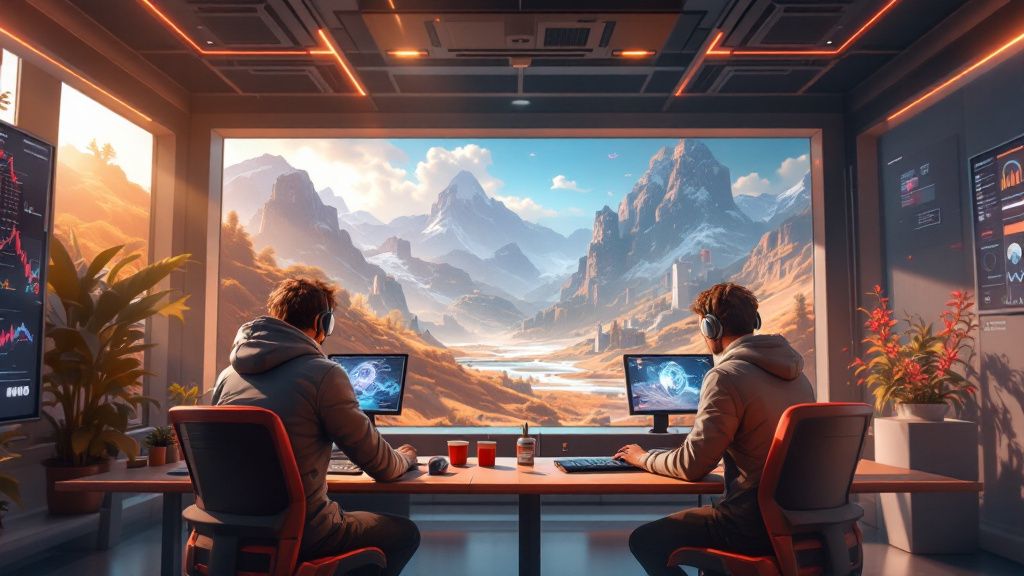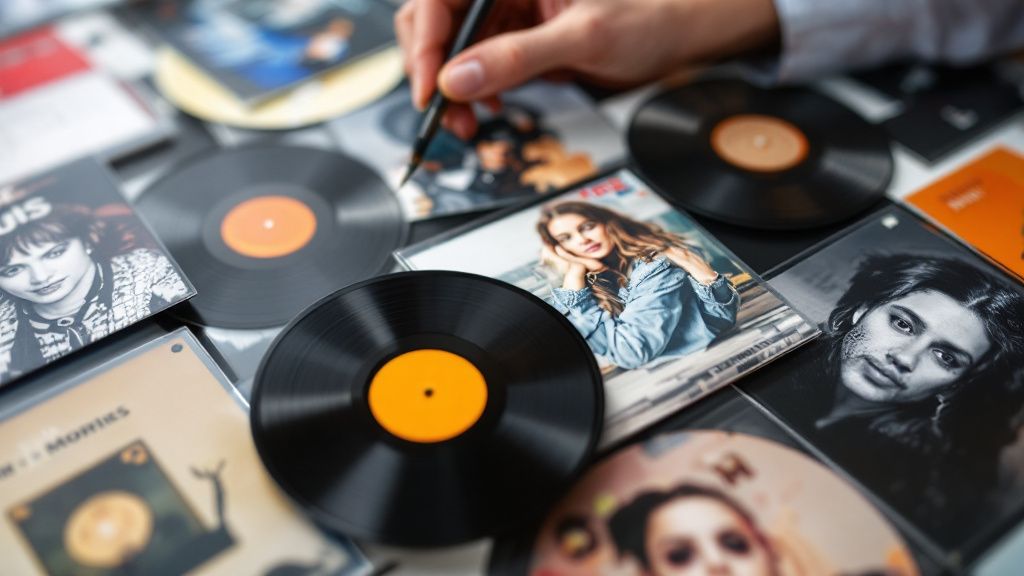Imagine stepping into a digital realm where ownership of virtual items reigns supreme—this is the universe of non-fungible tokens, or NFTs. These unique digital assets revolutionize how you perceive ownership, offering blockchain-backed authenticity to art, collectibles, and even virtual real estate. Unlike traditional cryptocurrencies, non-fungible tokens stand apart with their distinct attributes, impossible to interchange on a one-to-one basis. As you engage with the vibrant NFT marketplace, you'll find an array of NFT platforms designed to trade these unique tokens. From digital art galleries to exclusive platforms, the possibilities within this burgeoning market are as expansive as your imagination allows.

Understanding the Basics of NFTs
Non-fungible tokens are digital assets that represent ownership of a unique item authenticated on a blockchain. These tokens differ significantly from cryptocurrencies like Bitcoin, as each NFT holds an intrinsic value tied to its distinct characteristics. When you acquire an NFT, you’re purchasing a digital certificate backed by blockchain technology, ensuring its authenticity and uniqueness. This makes NFTs ideal for preserving the digital provenance of artworks, videos, and in-game items.
Some might argue that traditional physical art holds a more tangible value than digital ownership. However, there’s a compelling argument for NFTs in providing artists with immutable proof of authenticity and royalties through smart contracts on platforms. This empowers creators to monetize their work directly, reaching a global audience without intermediaries.
Owning an NFT signifies not just possession but also a connection to the creator, offering you exclusive access to content and events. Through NFT marketplaces, you can buy, sell, or trade these tokens, with platforms like OpenSea and Rarible leading the charge. These platforms serve as hubs where buyers and sellers converge, each driven by the ever-evolving interest in digital ownership.
While investing in non-fungible tokens might seem daunting initially, these digital assets truly redefine how you interact with art and collectibles. Understanding NFTs involves recognizing their potential to transform economies of ownership, encouraging innovation and creativity in the digital age.

The Rise of NFTs in the Art World
Non-fungible tokens have dramatically reshaped the landscape of the art world, opening up new avenues for artists and collectors alike. By leveraging blockchain technology, artists can sell digital art pieces as NFTs, ensuring each piece is unique and verifiably theirs. This innovation removes traditional barriers, allowing you to explore a realm where art is both created and collected digitally, adding a new dimension to artistic expression.
The movement towards NFTs has been nothing short of revolutionary, drawing significant attention in global auction houses and online. The current momentum of NFT adoption indicates a shift towards embracing digital media, where iconic sales like Beeple's “Everydays: The First 5000 Days,” sold for $69 million, display the tremendous potential within this market. This trend analysis shows an upward trajectory in demand for digital art, securing its place within the broader art industry.
Navigating this landscape involves understanding the role of platforms, where artists showcase their work and collectors engage in the exchange of these unique assets. Platforms such as Foundation and SuperRare specialize in connecting creators and buyers, making the marketplace accessible to anyone interested in exploring and investing in digital artistry from around the globe.

Beyond Art: NFTs in Gaming
In the realm of gaming, non-fungible tokens are pioneering a transformation unlike any other, offering players legitimate ownership of in-game assets. From virtual skins to unique character traits, NFTs empower you to own and trade digital items beyond the confines of a single game. This evolution alters the gaming experience by adding tangible value and personal investment to your digital adventures, making them more immersive and rewarding.
NFTs in gaming not only enhance player engagement but also create new economic opportunities. Did you know? Approximately 62% of global gamers now express interest in owning in-game assets as NFTs, suggesting a significant shift towards decentralized gaming economies. This statistic demonstrates the enthusiasm within the gaming community to embrace NFTs and participate in an ecosystem where players can profit from the game elements they own.
The integration of NFTs is gradually becoming a staple in modern gaming platforms, offering you new ways to interact with digital content. Established titles and indie games alike are leveraging blockchain technology to offer unique experiences. Games like Axie Infinity and Decentraland exemplify how you can participate in virtual economies, creating, buying, or selling NFT-based assets while enjoying gameplay.
As NFTs gain traction, an increasing number of platforms are dedicated to supporting gaming assets. Within nft marketplaces, these platforms ensure you can trade and verify the uniqueness of your items, providing a secure environment for transactions. The fusion of NFTs and gaming continues to catalyze innovation, promising a future where the boundary between play and economic activity is blurred even further.

NFTs and the Music Industry
The music industry is undergoing a transformation with the integration of non-fungible tokens, allowing artists to redefine how they monetize their music. By using NFTs, musicians can release digital albums, concert tickets, and exclusive content, ensuring each piece is unique and allowing fans to own a part of the artist’s creation. This method not only provides artists with new revenue streams but also deepens the connection between you and your favorite creators.
For example, the band Kings of Leon made headlines by releasing their album "When You See Yourself" as an NFT, becoming one of the first major acts to do so. This groundbreaking approach enabled fans to purchase a limited edition digital version, including special perks like lifetime concert passes and exclusive album artwork. Such examples illustrate how NFTs can create novel and rewarding experiences within the music space.
NFTs also empower independent artists to reach you directly without relying on traditional record labels. By utilizing platforms, artists can sell their work directly to supporters, receiving funds immediately and cultivating a more personal fanbase. This direct-to-fan model allows you to support musicians more transparently, knowing that your contributions directly impact their creative journey and sustainability.
As more musicians embrace NFTs, the landscape of music distribution continues to evolve. Marketplaces like Audius and Zora are pioneering spaces where artists can mint and sell their music as NFTs, ensuring transactions are conducted securely and fairly. These platforms are transforming the way you discover and acquire music, fostering an ecosystem of creativity and innovation that benefits artists and fans alike.
The fusion of NFTs and the music industry signifies a broader movement toward decentralizing content and empowering creators. By exploring these new avenues, artists are challenging the status quo and leading the charge in defining the future of how music is shared and experienced. This shift not only enhances your listening experience but also reshapes how music exists in the digital world.

Real Estate and NFTs: A Digital Future
The intersection of real estate and non-fungible tokens is heralding a digital future where property transactions could become faster and more secure. NFTs offer the potential to tokenize real estate assets, allowing you to buy, sell, or fractionally own properties via blockchain technology. This approach promises increased accessibility and efficiency, offering a transformative way to engage with real estate.
To truly grasp the potential of NFTs in real estate, you need to shift your mindset from traditional paperwork-laden transactions to a streamlined, digital perspective where blockchain records can verify ownership. This new outlook could diminish barriers and decentralize property dealings, enabling you to partake in real estate investments more fluidly and securely.
NFT platforms are beginning to explore opportunities within the real estate sector, experimenting with virtual land sales and digital deeds. Within the confines of a marketplace, these platforms serve as today's pioneers, facilitating the exchange of tokenized assets. By embracing this technology, you have the potential to engage with real estate in innovative ways, forever altering the conventional approaches to property management and investment.

NFTs and Their Impact on Intellectual Property
Non-fungible tokens are significantly influencing the realm of intellectual property by introducing new ways to protect and monetize creative works. Through NFTs, creators like you can authenticate and sell digital content while safeguarding it against unauthorized reproduction. This not only ensures genuine ownership but also provides a platform for transparent rights management, giving you greater control over how your creations are distributed and consumed.
In the next few years, NFTs are likely to redefine intellectual property rights by ingraining blockchain verification into creative works, offering unprecedented proof of authenticity and ownership. This bold prediction suggests a future where traditional copyright methods might be supplemented or even replaced by digital certificates, streamlining how you manage your intellectual assets.
With platforms facilitating the creation, sale, and exchange of unique digital content, you can explore new opportunities for licensing your work. This could fundamentally alter how intellectual property is commercialized, as marketplaces provide a global stage for your creations. By engaging with this technology, you stand to benefit from enhanced recognition and protection of your intellectual property in the ever-expanding digital landscape.


.jpg)

.jpg)
.webp)
.webp)
.webp)


.svg)









